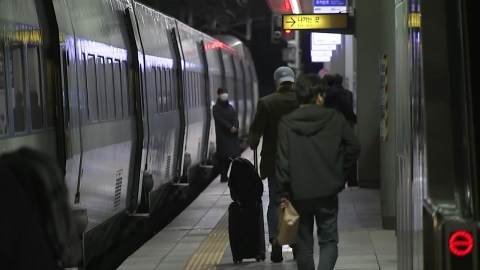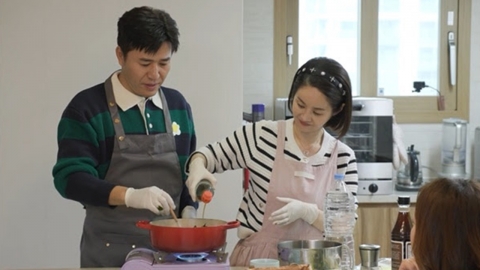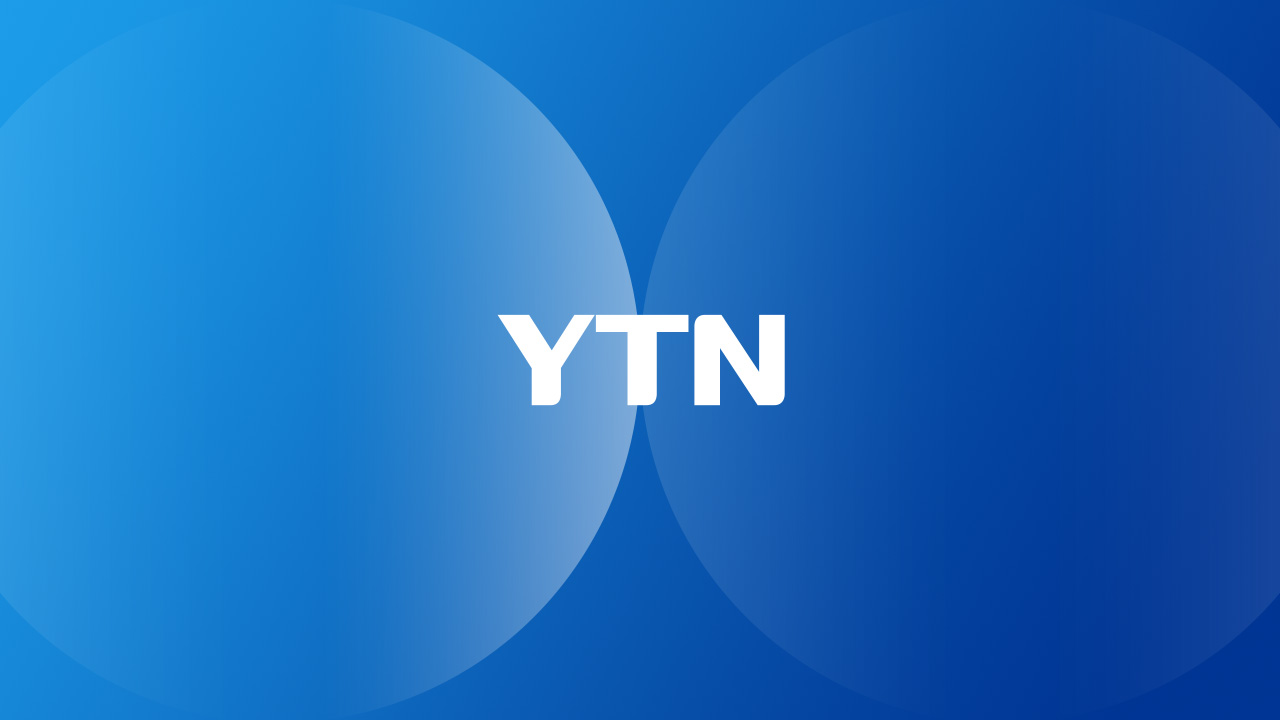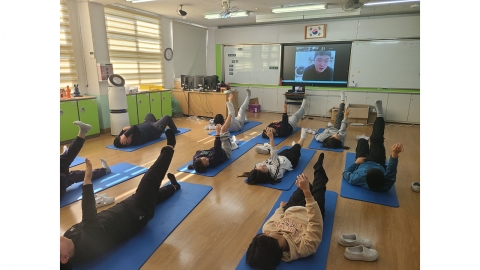"Who will predict stroke prognosis faster and more accurately?" ... World Master and AI showdown
[Anchor]
Its influence is growing as artificial intelligence sweeps the Nobel Prize.
This time, world stroke scholars gathered together to predict the prognosis of artificial intelligence and "stroke."
Who was the winner of the competition?
Reporter Lim Null-sol reports.
[Reporter]
Stroke experts around the world have competed with artificial intelligence to analyze brain images.Based on
brain medical images and information such as age and gender, the prognosis of 40 stroke patients is predicted and the accuracy is compared.
As a result, AI completed prediction of stroke prognosis in 12 minutes and faculty in 45 minutes on average.
The faculty's prediction rate averaged 50%, 22% lower than that of artificial intelligence, and participants expressed their feelings that it was not easy to predict quickly.
[David Schellingerhout / MD Anderson Cancer Center NeuroRadiology: Predicting early neurological deterioration from imaging is a very difficult problem, frankly. I was very happy that there was a solution to this difficult problem.]
The prognosis of stroke patients is directly diagnosed by doctors looking at various imaging data such as CT and MR by synthesizing the patient's medical history and age.
Therefore, even if stroke patients arrive in the emergency room, it is difficult to respond quickly and there is a high risk of misdiagnosis.
Artificial intelligence, which has deeply learned the video data of numerous stroke patients, can determine the prognosis of stroke in up to 20 seconds.
It also informs you of unnoticed changes and enables effective response with a high accuracy of more than 90%.
[Ryu Wi-seon / Chief Medical Officer, Medical Enterprise] According to a Johns Hopkins study, the human stroke misdiagnosis rate is around 17%. However, since AI always produces consistent results, I think it will definitely help in that it can provide a secondary opinion that can reduce human error.
Experts expected that artificial intelligence could quickly and accurately predict the prognosis of stroke, helping to present a systematic treatment strategy that did not exist before.
I'm YTN Science Lim Neul-sol.
Video coverage;Kim Young-hwan
※ 'Your report becomes news'
[Kakao Talk] YTN Search and Add Channel
[Phone] 02-398-8585
[Mail] social@ytn.co.kr
Its influence is growing as artificial intelligence sweeps the Nobel Prize.
This time, world stroke scholars gathered together to predict the prognosis of artificial intelligence and "stroke."
Who was the winner of the competition?
Reporter Lim Null-sol reports.
[Reporter]
Stroke experts around the world have competed with artificial intelligence to analyze brain images.Based on
brain medical images and information such as age and gender, the prognosis of 40 stroke patients is predicted and the accuracy is compared.
As a result, AI completed prediction of stroke prognosis in 12 minutes and faculty in 45 minutes on average.
The faculty's prediction rate averaged 50%, 22% lower than that of artificial intelligence, and participants expressed their feelings that it was not easy to predict quickly.
[David Schellingerhout / MD Anderson Cancer Center NeuroRadiology: Predicting early neurological deterioration from imaging is a very difficult problem, frankly. I was very happy that there was a solution to this difficult problem.]
The prognosis of stroke patients is directly diagnosed by doctors looking at various imaging data such as CT and MR by synthesizing the patient's medical history and age.
Therefore, even if stroke patients arrive in the emergency room, it is difficult to respond quickly and there is a high risk of misdiagnosis.
Artificial intelligence, which has deeply learned the video data of numerous stroke patients, can determine the prognosis of stroke in up to 20 seconds.
It also informs you of unnoticed changes and enables effective response with a high accuracy of more than 90%.
[Ryu Wi-seon / Chief Medical Officer, Medical Enterprise] According to a Johns Hopkins study, the human stroke misdiagnosis rate is around 17%. However, since AI always produces consistent results, I think it will definitely help in that it can provide a secondary opinion that can reduce human error.
Experts expected that artificial intelligence could quickly and accurately predict the prognosis of stroke, helping to present a systematic treatment strategy that did not exist before.
I'm YTN Science Lim Neul-sol.
Video coverage;Kim Young-hwan
※ 'Your report becomes news'
[Kakao Talk] YTN Search and Add Channel
[Phone] 02-398-8585
[Mail] social@ytn.co.kr
[Copyright holder (c) YTN Unauthorized reproduction, redistribution and use of AI data prohibited]
Editor's Recomended News
The Lastest News
-
U.S. Deputy Secretary of State Yoon's martial law "severe misjudgment"
-
재생
![Inside the judges and prosecutors, 'boiled' by martial law... 'unconstitutional coup attempt' [Now News]](https://image.ytn.co.kr/general/jpg/2024/1205/202412050815385231_h.jpg) Inside the judges and prosecutors, 'boiled' by martial law... 'unconstitutional coup attempt' [Now News]
Inside the judges and prosecutors, 'boiled' by martial law... 'unconstitutional coup attempt' [Now News] -
재생
 The rail union strike...More than 220 trains are suspended today.
The rail union strike...More than 220 trains are suspended today. -
재생
 A rally in front of the National Assembly all day long to declare emergency martial law...partial collision
A rally in front of the National Assembly all day long to declare emergency martial law...partial collision
Entertainment
-
[Focus Y] Chu Young-woo, Bae Hyun-sung, Park Ji-hoon...Troika, a handsome actor who was born in 1999, pays attention to the entertainment industry.
![[Focus Y] Chu Young-woo, Bae Hyun-sung, Park Ji-hoon...Troika, a handsome actor who was born in 1999, pays attention to the entertainment industry.](https://image.ytn.co.kr/general/jpg/2024/1205/202412050800016451_h.jpg)
-
Kim Jong-min is 11 years younger than his girlfriend, and even cooking class is 'certified as a lover' to set up a birthday table.

-
'Steel Unit W' suspended broadcasting in the aftermath of emergency martial law...postponement of the finals







